It is important to understand the evolution that is taking place across the industry in how investment firms need to think about ESG and sustainable investing. For those that are not familiar with the terminology, ESG stands for Environmental, Social and Governance and is considered an emerging necessity in many firms’ investing processes.
Sustainable growth has become a focus for investment firms and has been on the agenda for most regulators and investors across Europe for some time. Europe has led the way with ESG regulatory initiatives with many firms adjusting their regulatory plans to include sustainable factors in their investing strategies. In 2018, the European Union (EU) published an ambitious action plan on sustainable finance which included a wide range of legislative initiatives to support integrating ESG standards in the financial markets. Now more than ever, investment firms are taking necessary steps to ensure their investment decisions and products are influenced through the lens of sustainable factors.
WHAT EU REGULATIONS DO INVESTORS NEED TO BE AWARE OF?
Whilst there is a lack of unanimity defining ESG terminology, with sustainable investing meaning different things, financial regulators are having difficulty distinguishing ESG, raising challenges for investors to characterise ESG products and their investment decisions. There are three key regulations navigating the process: EU Taxonomy Regulation, Disclosures Regulation, and the Low Carbon Benchmarks Regulation notably impacting UCITS, AIFM and MiFID firms.
WHY SHOULD THE COMPLIANCE OFFICER CONSIDER ESG INITIATIVES?
The influence ESG principles will have on future investment products, and compliance programmes will be fundamental to the modern-day Compliance Officer. Even with the evolving terrain of new products, the Compliance Officer will need to consider ESG investing concepts for sales, compliance and managing risks. Distribution teams will need to ensure promotional material is not misrepresenting products or services relating to ESG products. Compliance Officers will also play a significant role in working with the business to ensure ESG disclosures are accurate and documented.
HOW DOES ESG IMPACT RESOURCING STRATEGIES?
It is no surprise that individuals responsible for sustainable investing are in demand across the market. As investment firms contend with the complexities of their investment approach and seek to polish their reputations as responsible investors, the tussle for experts in the field has strengthened. Even in the current environment, there is intense competition for these individuals.
According to industry studies by Cone Communications, ESG is also an important factor for individuals when deciding which job to take.
61% of employees consider a company social and environmental commitment when deciding on a job offer.
51% of employees deciding not to work for a company that does not have an ecological responsibility.
55% of employees would choose to work for a socially responsible company, even if the salary offered was lower.
The ESG movement has gained significant momentum over recent years and will no doubt continue to be a focal point within the financial services industry. Is your firm doing enough in its pursuit of social and environmental responsibility to attract the best talent?
For further insights on attracting and retaining talent in the current market climate, contact us directly at connect@coopman.ie.








